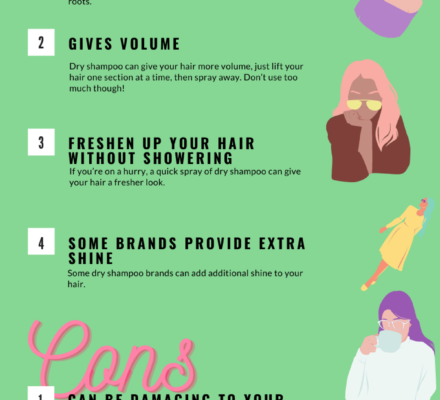A hairstylist is a person who styles the hair of other people. Generally, this refers to hair on the human scalp. In some cases, it may also refer to the hair on the body or facial area. It is essential to have the appropriate education to pursue this career.

Skills needed by a hairstylist
While being a hairstylist involves a lot of creativity, there are also some skills that you will need to be successful in this field. First and foremost, you need to be able to manage time well. Hair salons are often small businesses, so you need to know how to manage your time and resources in order to deliver quality service. Also, you need to have good people skills.
Another essential skill is being a good listener. A hairstylist has to be able to gauge a client’s needs and preferences and then customize a style to fit that person’s needs and wants. Often, a customer will change their mind about what they want, so a great listener is essential to the success of a haircut.
Secondly, a hairstylist must be patient and able to manage their time. A hairstylist must know how to prioritize their time, because they often work with many clients at once. Clients do not like to wait long to get a haircut. Taking the time to provide excellent hair care for your clients is essential to keeping your appointment book full. Thirdly, a hairstylist must have the ability to communicate well with their co-workers. This quality will go a long way in helping them to get the shifts they need.
Duties of a hairstylist
The job duties of a hair stylist depend on the person’s experience and training. Some hair stylists may go to college to study cosmetology and business, while others may pursue other types of training. Many hair stylists also become licensed to perform other services, such as skin care, makeup, and manicures and pedicures. Some even specialize in fashion consulting. Regardless of their chosen career path, hair stylists generally work full-time, often on weekends.
A hair stylist’s duties include shampooing, drying, styling, and applying styling products to client hair. They also analyze a client’s facial features and hair texture and recommend appropriate hairstyles. Other duties may include applying makeup and shaping eyebrows. Additionally, hair stylists may teach cosmetology classes and act as sales representatives for cosmetic products.
Those who wish to enter the hair styling industry should be detail-oriented and have a friendly demeanor. Since hairstylists spend most of their day on their feet, it’s important to have good physical stamina. They also need to manage their time effectively.
Education
Continuing education is essential for hair stylists who want to succeed in the industry. The Internal Revenue Service allows deductions for necessary and ordinary business expenses, including continuing education courses. These classes can range from public health to style. Many hair stylists also take business classes to improve their management skills.
In the past, hairdressers had limited options when it comes to continuing education, but the internet has transformed the learning landscape. Today, beauty professionals have a wide variety of options, from online classes to video tutorials. Despite the many advantages of online education, it is crucial to find the best option for you. Though online courses can be self-paced, one major drawback is the lack of live instructors and feedback.
Cosmetology schools offer a variety of classes that can help you become a successful hairstylist. Courses at these institutions are recognized by the AHSA as continuing education units (CEUs), which means they count toward your education requirements. These courses can help you further develop your skills and become more confident in your career.
Career interests of a hairstylist
As a hairstylist, you’ll be dealing with a variety of clients. If you’d like to become a more valuable asset to your clients, consider learning a new language. For example, if you’re from a Spanish-speaking country, learn some basic conversational English. You can find free or inexpensive apps online that will help you do this. Learning a foreign language can be an invaluable experience that will help you connect with customers in a new culture. You may also want to brush up on business skills, if you’d like to open your own salon.
If you enjoy interacting with people, you might like becoming a hairstylist. This profession allows you to meet new people and build relationships, which is a big reason clients keep coming back. You might consider becoming a self-employed hairstylist and learn marketing strategies and social media skills, or you could become a part of a beauty show organization.



